Game developers should be free to share their work early — stop complaining about it
This weird trend has been getting on my nerves

Too often I hear “it was revealed too soon” as a criticism during game development. When a game goes several years without an update or is revealed without a release date, people are quick to express their discontent. Although I once agreed with this idea, I’ve since soured on it.
While this may be an unpopular opinion, I’m okay with developers showing off a game that players won’t get their hands on for several years. Why is it taboo for developers to share information on what they’re working on during the early stages? And why do we expect studios to keep their project in the dark throughout several years of development?
It’s okay to reveal your game early
There’s this sentiment I’ve heard from multiple people: “I wish developers would only reveal games six months before it’s finished.” But does anyone actually think it’s fair to treat a developer this way? Why do we expect an artist to go “oh, we’ve only been working on this for a year, so we should stay quiet about it because if we don’t, gamers are going to be upset with us.” Fans should not have authority over how an artist can platform and share details about their art.
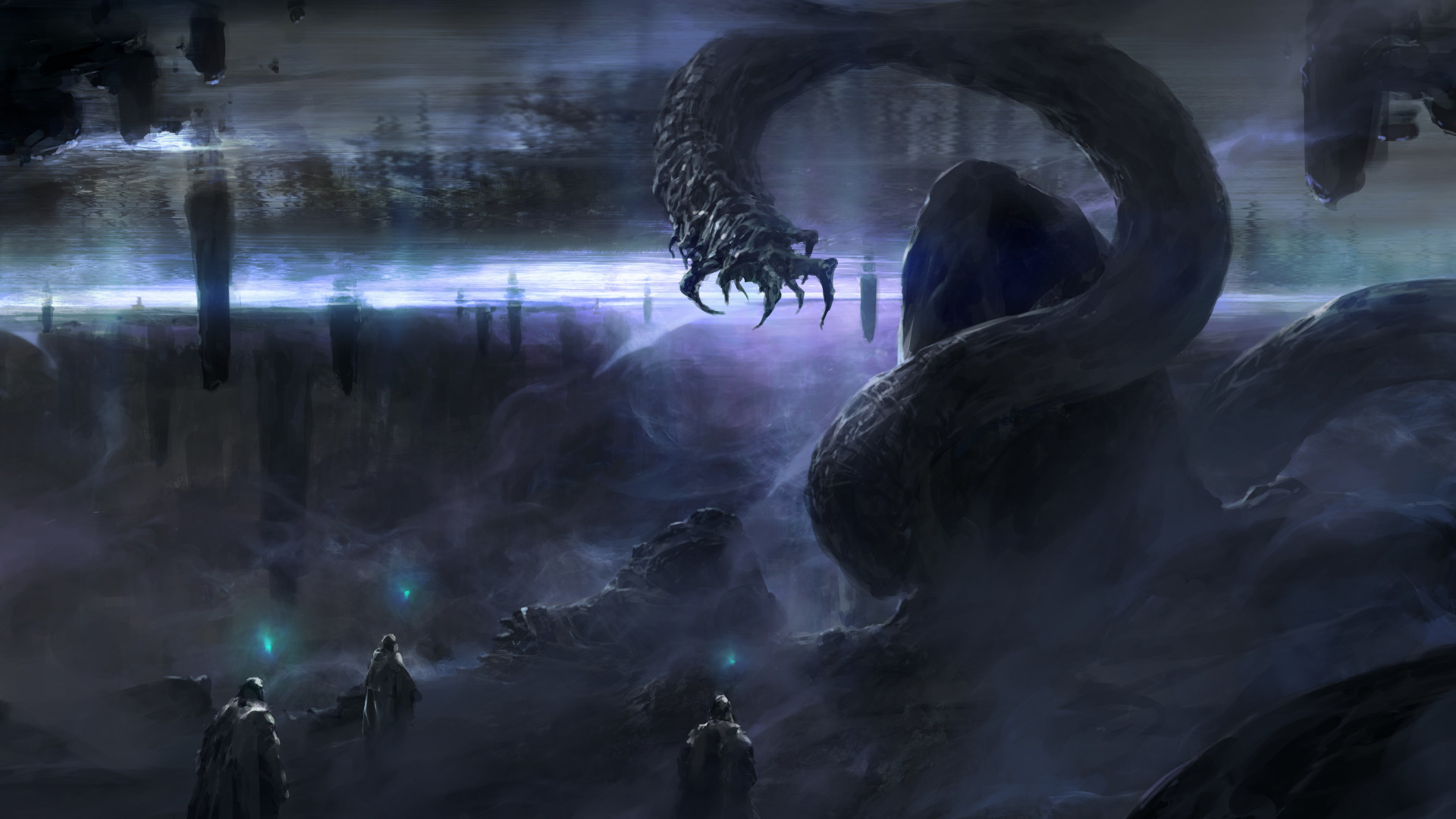
Games take several years to make, and expecting a developer to bend over backwards keeping every little thing about their project secret is absurd. There are plenty of artists who want to share snippets of what they’re working on, whether that be through demonstrations, trailers, or interviews. Creating art is exciting, and we shouldn’t admonish developers for sharing that enthusiasm.
If a developer wants to talk our ears off about their next big project, even though it’s five or six years away from being finished, why not just let them? On the flip side, if a developer desires to keep everything under wraps, then that’s fine, too. The key here is to just let artists do what they want.
Yes, it’s not as simple as that sometimes, especially when clashing visions from key staff are involved, but the last person who should have any claim that they know what they’re talking about are outsiders.. You don’t have the right to decide when a developer should reveal their game solely because you don’t like waiting.
But yes, there are some negatives to it
Of course, it’s not all positive. When a game is announced too early in development, it sometimes leads to entirely different directions being taken, meaning those initial trailers or interviews don’t hold up anymore. Additionally, if the game is canceled entirely, people end up getting sad about it.
Stay in the know with Laptop Mag
Get our in-depth reviews, helpful tips, great deals, and the biggest news stories delivered to your inbox.
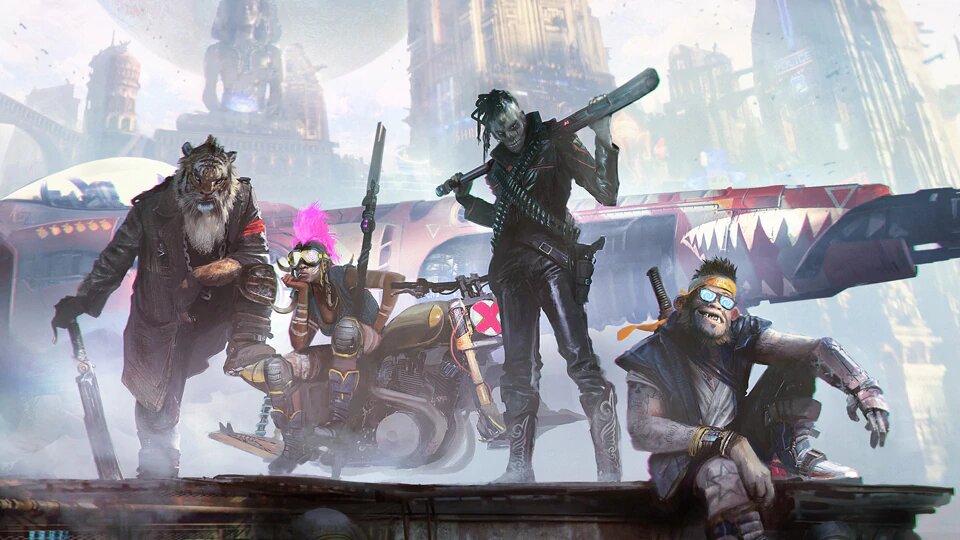
A worst case example of this was seen with Beyond Good & Evil 2, a title that was revealed in 2008 before disappearing completely. It was re-revealed in 2017 and had a new cinematic trailer in 2018 (along with some bits of early gameplay), but we haven’t seen it since. It’s been 14 years since fans were made aware of its existence, yet it’s still not playable. I get why a fan would be frustrated here, but it’s not like these games were revealed with the intention of not launching. Plans fall through and making a game is hard.
Would you rather not be aware of the existence of a game like this? If Scalebound was never revealed, with Platinum Games only planning to announce it when it was six months from its release date, would that have helped? All that would have done is ensure we never saw those gameplay demos. It would forever remain in the dark, and personally, I’d rather know it existed.
Release dates cause problems
I believe games should be revealed whenever the creators find it pertinent, but I have mixed feelings on release dates. Attaching a year to something when it’s early in development rarely pays off, and even if it launches at that promised date, it might just end up unfinished.
Forcing developers to adhere to a release schedule that they agreed upon years prior seems unviable. Many companies have been delaying their games recently, especially after disasters like Cyberpunk 2077 plummeted the reputation of CD Projekt Red, a studio that was once beloved.
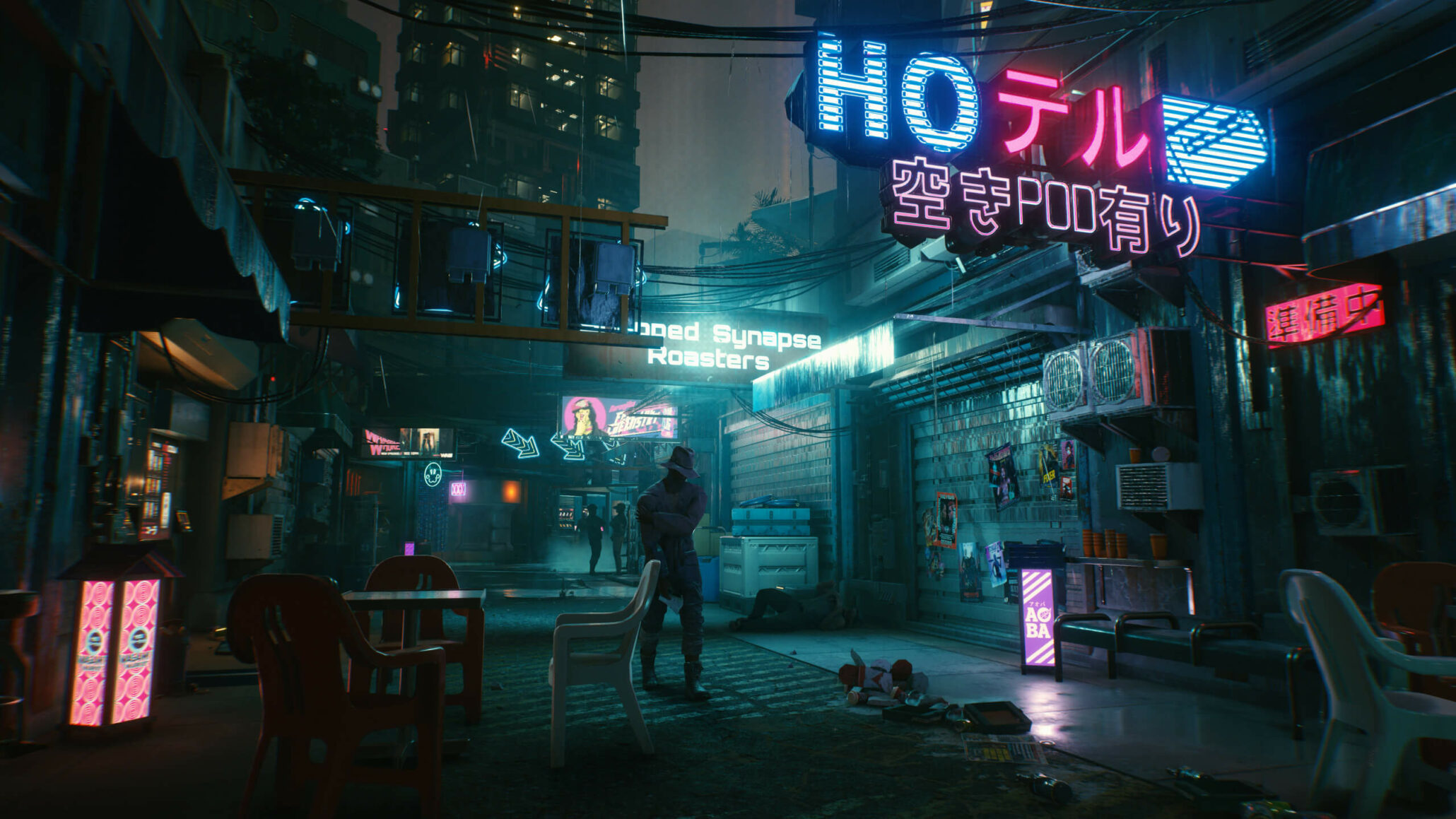
Cyberpunk 2077 was initially set to launch in April 2020. It saw three delays, eventually getting pushed back to December of that year. An eight-month delay isn’t extreme, but in hindsight, those dates were mostly arbitrary when it was still unplayable on last-gen consoles by the time it did launch. And even if you played it on PS5 or Xbox Series X|S, it suffered from tons of issues. This got so bad that PlayStation pulled the game from its store and was offering full refunds to players.
It wasn’t until early 2022 that the game received a proper next-gen version, which is when the community started turning around on it. That’s almost two years later than the initial planned release date. Now, Cyberpunk 2077 is in a pretty okay spot and there’s tons of hype bubbling up for its upcoming expansion, Phantom Liberty.
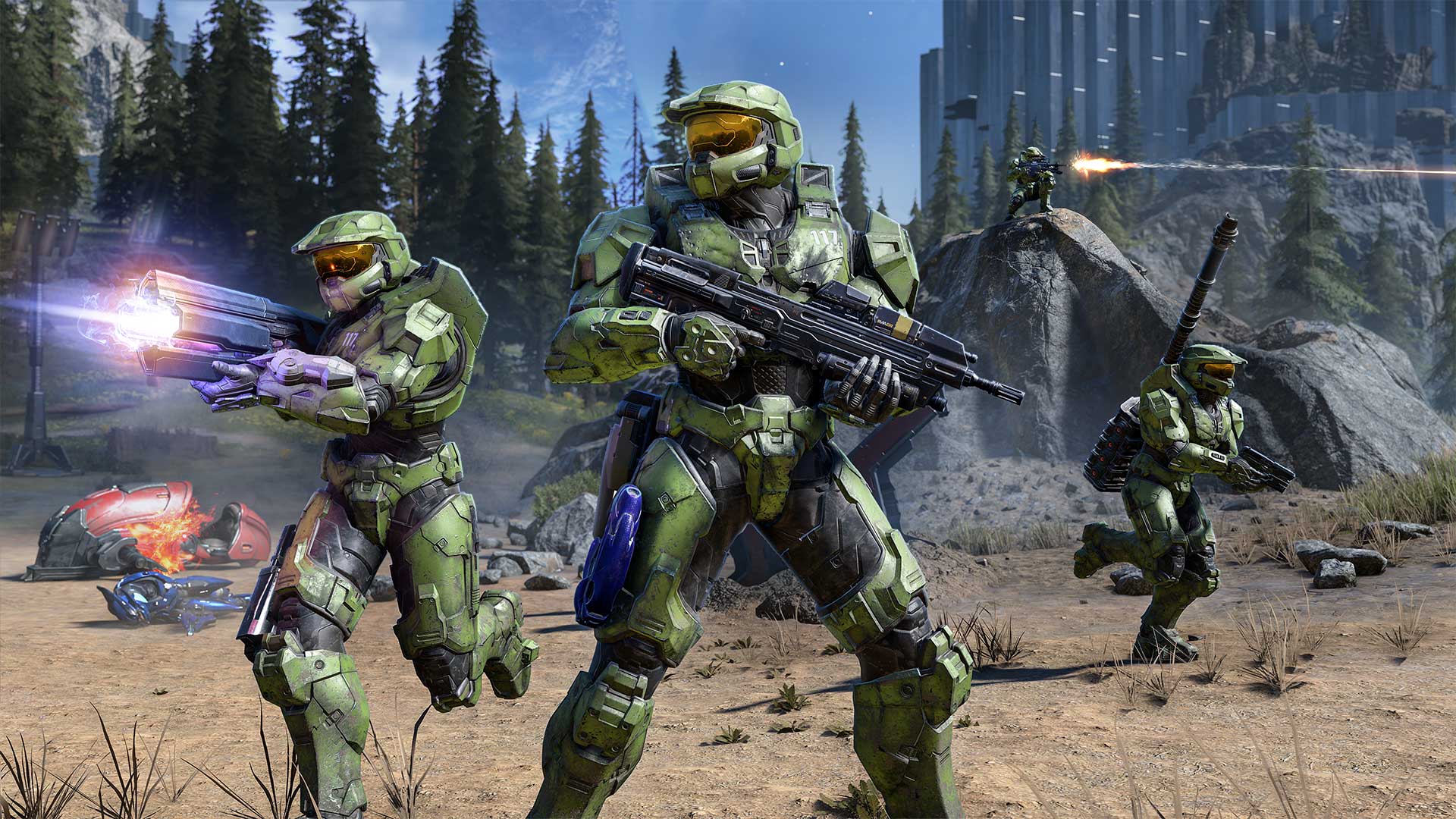
So, what purpose do these dates serve? Why are developers beholden to estimates that don’t guarantee the quality that should be coupled with launches of this caliber? Halo Infinite was initially set to launch at the end of 2020, and even when it was pushed to the end of 2021, the scale was severely cut back to deliver a playable game by the new artificial deadline. That delay only happened due to criticism after its presentation at E3 2020. So, what would the game have looked like if it had stuck to its initially planned date?
Elden Ring was only delayed by a month, but even when it did launch, it was missing a few features. Performance issues aside, entire quest lines were left unfinished and characters weren’t present until updates added them in later. It’s my favorite game of the year, so those missing bits weren’t too much of a detriment, but one thing has become clear to me over the years: most games don’t actually launch “finished,” assuming we define “finished” as the game being at the state intended with practically no cut content. Elden Ring had to cut plenty of things to make its launch, and it still was named Game of the Year at The Game Awards 2022.
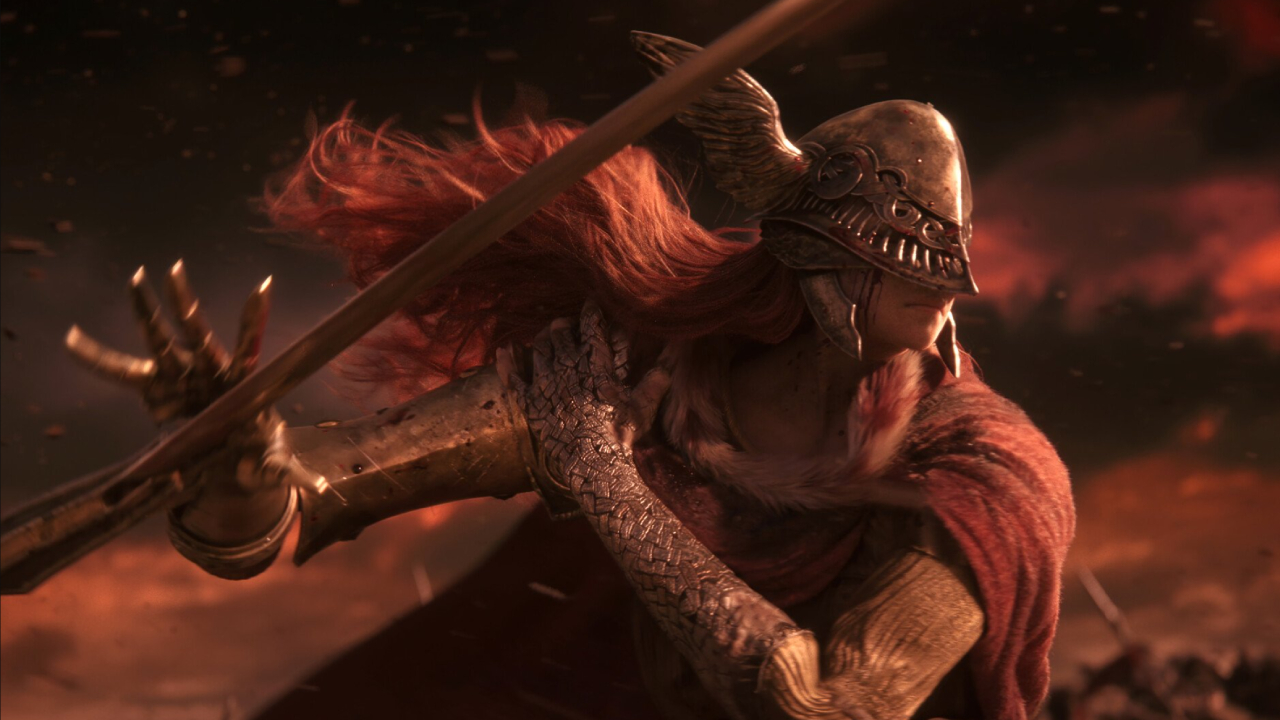
Release dates exist for the sake of business. Giving people an expectation of when they can get their hands on the game, alongside filling out your fiscal year to appeal to investors, is unfortunately necessary for the medium. I’m not sure what the solution to this would be, as we keep seeing games launch half-broken, unpolished, and missing content.
It would be nice if developers didn’t have to adhere to a release date and could launch the game when the team is completely satisfied with their work. That’s a pretty vague concept, though. It’s significantly more complex in reality, but we see stuff like this come to fruition with early access. Developers gradually work on the game until they’re satisfied enough to bring it out of its early access status. Vampire Survivors recently had this treatment, and it is one of the biggest games of the year.
Bottom line
Stop being angry about games being revealed “too early.” Why are you so keen on controlling how a developer shares information about their work? Artists have the right to be excited about what they’ve made and show it off to the world, and it’s privileged to assume you have the right to say that they shouldn’t.
Instead, what you should be critical of are release dates. Developers are pressured to adhere to these arbitrary placeholders as a means of determining when that art is “finished.” The truth is, however, you can’t just finish something by scrambling towards a deadline. Yes, this does happen sometimes, but it also results in unpolished, broken, half-finished games being launched because the team didn’t have enough time. Release dates suck!

Self-described art critic and unabashedly pretentious, Claire finds joy in impassioned ramblings about her closeness to video games. She has a bachelor’s degree in Journalism & Media Studies from Brooklyn College and five years of experience in entertainment journalism. Claire is a stalwart defender of the importance found in subjectivity and spends most days overwhelmed with excitement for the past, present and future of gaming. When she isn't writing or playing Dark Souls, she can be found eating chicken fettuccine alfredo and watching anime.
